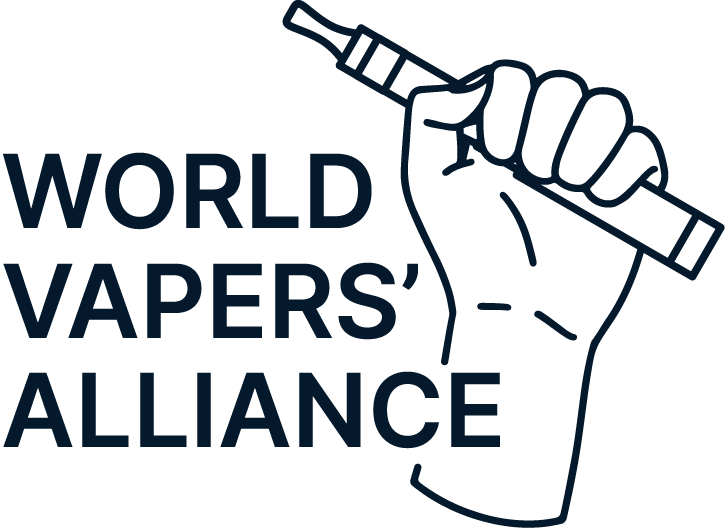Jekk kont qed issegwi t-tnaqqis tal-ħsara globalment, forsi nnutajt li l-pajjiżi li qed jiżviluppaw spiss ibatu maż-żewġ fatturi – rati għoljin ta’ tipjip u nuqqas ta’ approċċi jew politiki sensibbli għat-tnaqqis tal-ħsara.
Dan huwa minnu għal ħafna pajjiżi, u l-Ġeorġja mhijiex eċċezzjoni.
Nuqqas ta' informazzjoni dwar it-tnaqqis tal-ħsara
Skont l-Inizjattivi tas-Saħħa (NGO) stħarriġ Fl-2022, 26.4% tal-popolazzjoni adulta tpejjep sigaretti konvenzjonali f'Georgia, u sfortunatament, 51% lanqas biss jikkunsidraw li jieqfu. 2.8% biss ta' dawk li jpejpu jieqfu permezz ta' prodotti tan-nikotina alternattivi aktar sikuri.
Hemm żewġ konklużjonijiet possibbli minn dawn l-istatistiċi:
- Fost it-taqlib politiku u l-bosta problemi fil-ħajja politika u soċjali tal-Georgia, l-awtoritajiet tas-saħħa lokali ma jidhrux li qed jiffokaw fuq titjib fis-saħħa pubblika u fuq l-iżvilupp ta' programm tanġibbli għall-waqfien mit-tipjip.
- Mhijiex koinċidenza li skont l-istess stħarriġ, 32.8% ta’ dawk li wieġbu emmnu b’mod qarrieqi li l-vaping huwa aktar ta’ ħsara mit-tipjip. Huwa vitali li jiġu miġġielda r-rati tat-tipjip billi tiġi pprovduta dejta u informazzjoni preċiża lill-popolazzjoni tal-Georgia kemm dwar: l-effetti perikolużi tas-saħħa tat-tipjip kif ukoll dwar il-modi kif wieħed jieqaf minnu permezz ta’ soluzzjonijiet innovattivi ferm inqas ta’ ħsara, bħall-vaping.
Tassazzjoni miżjuda
Minflok ma nippromwovu politiki simili għal ir-Renju Unit jew l-Isvezja, il-gvern fil-Georgia qed ikompli jimponi piż ekonomiku ogħla fuq il-konsumaturi u n-negozji ż-żgħar li jipprovdu prodotti bħall-vaping u b'hekk ifixklu l-proċess tal-waqfien mit-tipjip.
F'April 2023, il-gvern żied it-taxxa tas-sisa fuq likwidi tal-vaping – minn 0.2 GEL kull ml sa 1 GEL kull ml (inklużi likwidi b'0 mg nikotina). Il-kapaċità tan-nikotina għal kull flixkun ta' likwidu hija wkoll limitata għal 2%.
Dak li ntqal hawn fuq huwa allarmanti minħabba l-aspetti li ġejjin:
- Il-vaping mhuwiex l-istess bħat-tabakk kombustibbli u, fil-fatt, huwa, 95% inqas ta 'ħsara milli t-tipjip. Madankollu, fil-Ġeorġja, xorta waħda jaqa' taħt il- l-istess kategorija bħala prodotti tat-tabakk kombustibbli, li juri n-nuqqas ta’ fehim jew rieda li jiġu approvati strateġiji għat-tnaqqis tal-ħsara fost dawk li jfasslu l-politika.
- It-tassazzjoni ogħla fuq il-prodotti tal-vaping ma tikkorrelatax b'mod pożittiv mat-titjib fis-saħħa pubblika. Pereżempju, dan l-istudju sabet li ż-żieda fit-taxxa fuq il-prodotti tal-vaping x'aktarx se tagħti spinta lit-tipjip tas-sigaretti.
Meta wieħed iqis li t-taxxa tas-sisa fil-Georgia issa hija ħames darbiet ogħla milli kienet fl-2018, huwa inqas probabbli li prodotti tan-nikotina aktar għaljin, anke jekk aktar sikuri mis-sigaretti konvenzjonali, jistgħu jsiru sostitut biex dawk li jpejpu jieqfu.
“Minn meta żdiedet it-taxxa tas-sisa, sar aktar ta’ sfida li nipprovdu lill-konsumaturi tagħna bi prodotti li mhux biss iġorru ħafna inqas riskji għas-saħħa mis-sigaretti konvenzjonali iżda huma wkoll maħsuba biex ikunu aktar kosteffettivi mit-tipjip.
Bħala vaper jien stess, nixtieq li l-gvern tal-Ġeorġja approva t-tnaqqis tal-ħsara minflok ma jostakolana milli ngħinu lil dawk li jpejpu jieqfu b'mod effettiv.”– qalet Ilia Khoperia, is-sid tal-ewwel ħanut lokali tal-vape mill-2016 u l-ambaxxatur tal-WVA.
Restrizzjonijiet aktar stretti fuq prodotti tan-nikotina aktar sikuri ma jikkontribwixxux għall-waqfien mit-tipjip. Madankollu, l-awtoritajiet tas-saħħa tal-Ġeorġja komplew il-ġlieda kontra l-vaping saħansitra aktar – minn issa 'l quddiem, il-gvern qed jaħdem fuq politika ta' imballaġġ sempliċi li, skont is-sors uffiċjali tagħhom, se jidħol fis-seħħ minn Lulju 2024.
Skont il- WHO, it-tipjip joqtol aktar minn 8 miljun ruħ kull sena. Pajjiżi bħar-Renju Unit u l-Iżvezja wrew li biex jinkiseb ambjent ħieles mid-duħħan, dawk li jfasslu l-politika għandhom japprovaw it-tnaqqis tal-ħsara minflok ma jiġġielduha.
Għal pajjiż bħall-Georgia, li qed jitħabat ma' rati għoljin ta' tipjip, qatt ma kien daqshekk vitali li wieħed jiffamiljarizza ruħu ma' kif jaħdmu prodotti tan-nikotina aktar sikuri u li jiżviluppa strateġija għat-tnaqqis tal-ħsara flimkien ma' regolamentazzjoni sensibbli dwar il-vaping (bħal restrizzjonijiet tal-età).
Hemm tama għat-tnaqqis tal-ħsara fil-Georgia?
S’issa, il-gvern tal-Ġeorġja ħa d-direzzjoni opposta u eżerċita approċċ restrittiv għal alternattivi aktar sikuri għan-nikotina. Għandhom isiru aktar sforzi biex jitnaqqsu r-rati tat-tipjip u b’hekk titjieb is-saħħa pubblika.
Madankollu, fit-triq tagħhom lejn il-waqfien mit-tipjip, huwa vitali għal dawk li jfasslu l-politika fil-Georgia li jifhmu li l-ebda pajjiż qatt ma resaq qrib il-mira ta' ambjent ħieles mit-tipjip billi injora l-prattiki ta' tnaqqis tal-ħsara u l-benefiċċji potenzjali għas-saħħa pubblika li jistgħu jġibu.








Tweġiba Waħda